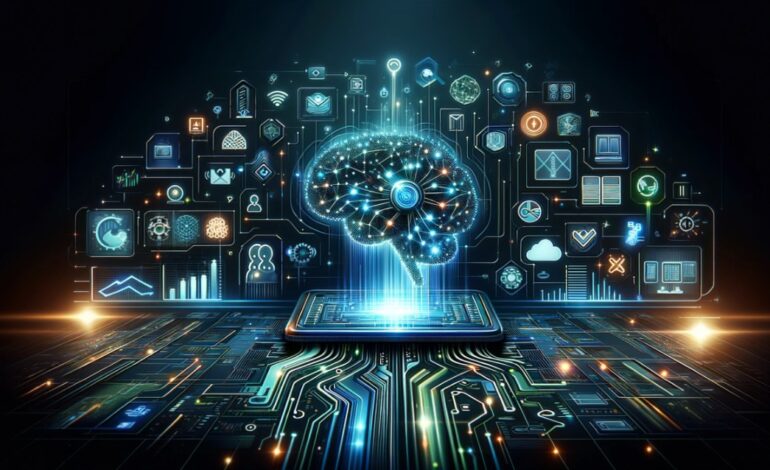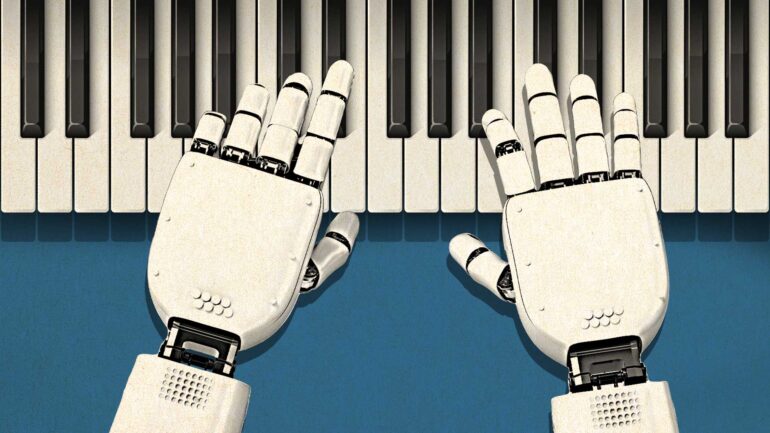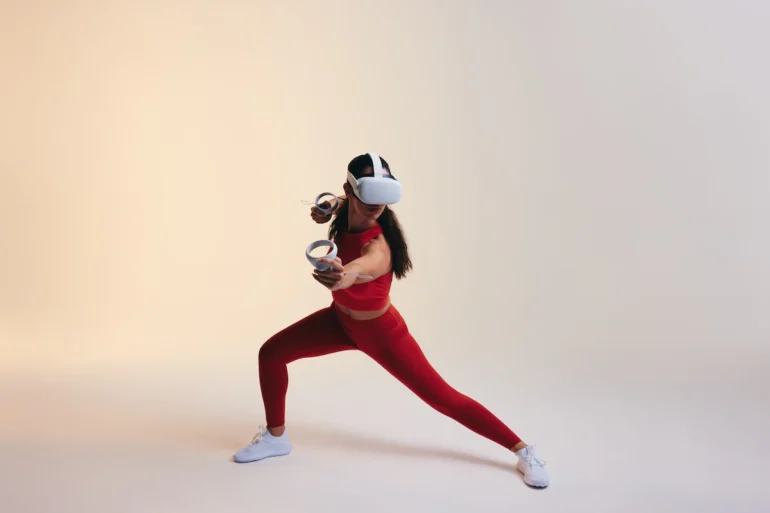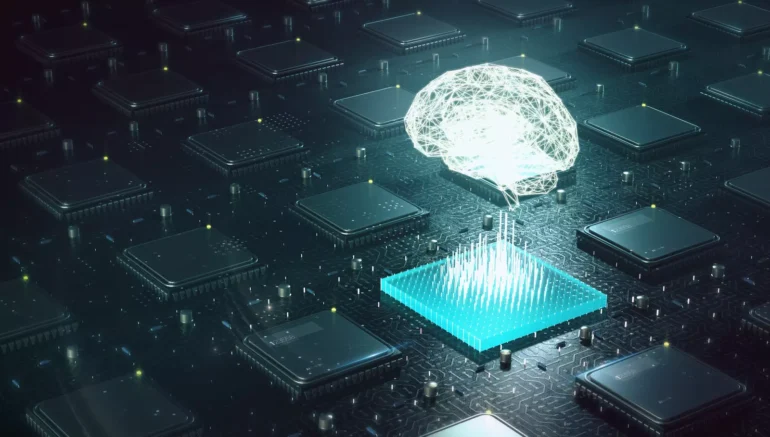
Artificial intelligence (AI) refers to computer systems designed to mimic human intelligence.
AI’s importance in modern technology and daily life is profound, revolutionizing industries and personal activities.
Its transformative potential extends beyond common applications, influencing unexpected areas.
Unexpected Uses of AI
AI is making waves in the fashion industry, particularly through personal styling tools.
For example, AI fashion assistants analyze individual style preferences and suggest outfit combinations.
These tools integrate weather forecasts and the latest fashion trends to provide optimal outfit selections for any occasion.
Art Creation
AI has entered the realm of art, offering tools that transform sketches and descriptions into full-fledged artworks.
These art generators support artists experiencing creative blocks by providing inspiration and novel ideas.
The processes can produce unique pieces that might not have been conceived otherwise, blending human creativity with machine learning to push artistic boundaries.
Songwriting Assistance

In the music industry, AI tools are enhancing the songwriting process.
By generating lyrics and harmonies, artificial intelligence acts as a supplement to human creativity, offering new perspectives and ideas.
These tools can analyze popular music trends and suggest compositions that resonate with current tastes, aiding songwriters in crafting hits more efficiently and effectively.
Vacation Planning
AI is transforming the way people plan vacations through advanced travel planners.
These AI-driven tools create customized itineraries based on user preferences and real-time data, such as flight availability, weather conditions, and local events.
The convenience of AI in vacation planning allows users to organize unique and budget-friendly trips effortlessly, ensuring a personalized travel experience.
Artificial Intelligence in Daily Activities
Educational apps powered by artificial intelligence adjust difficulty levels based on user performance, enhancing the learning experience for both children and adults.
These apps analyze individual progress and provide tailored content that matches the learner’s abilities, ensuring a more personalized and effective educational journey.
Health and Fitness

AI has become integral to health and fitness apps, offering personalized meal plans, exercise routines, and calorie tracking.
These apps use AI to motivate and guide users in their fitness journeys, providing tailored recommendations based on individual health data.
By adapting to the user’s progress and preferences, it ensures a more personalized approach to maintaining a healthy lifestyle.
Ethical Concerns and Challenges
AI systems trained on human-generated data can inherit biases present in that data. This hidden bias poses a significant challenge, as it can lead to unfair or inaccurate outcomes.
It’s crucial to verify AI-generated content and report misinformation to mitigate these risks. Ensuring diverse and representative data sets is essential for creating unbiased artificial intelligence systems.
On top of that, Undress AI tool can be used to make some fun but also could present a potential risk in terms of ethicality. While we love it with its functionality and face swap options, this shouldn’t be taken lightly.
Impact on Decision-Making Skills
Over-reliance on artificial intelligence for decision-making can erode critical thinking skills.
While AI offers convenience and efficiency, it’s vital to maintain and exercise human judgment and analytical abilities.
Users must strike a balance between leveraging AI’s capabilities and preserving their decision-making skills to avoid dependency.

The Bottom Line
AI’s potential extends beyond common applications, offering benefits in unexpected areas.
While its advantages are vast, ethical considerations and responsible use are crucial to address. By harnessing AI responsibly, society can fully realize its transformative potential.
